Daniel Goleman examined the relationship of our emotions in the context of intelligence and talent in his magnificent work Emotional Intelligence / Emotinal Intelligence, the first edition of which was published in 1995, and benefited from previous research and experiences on these issues.
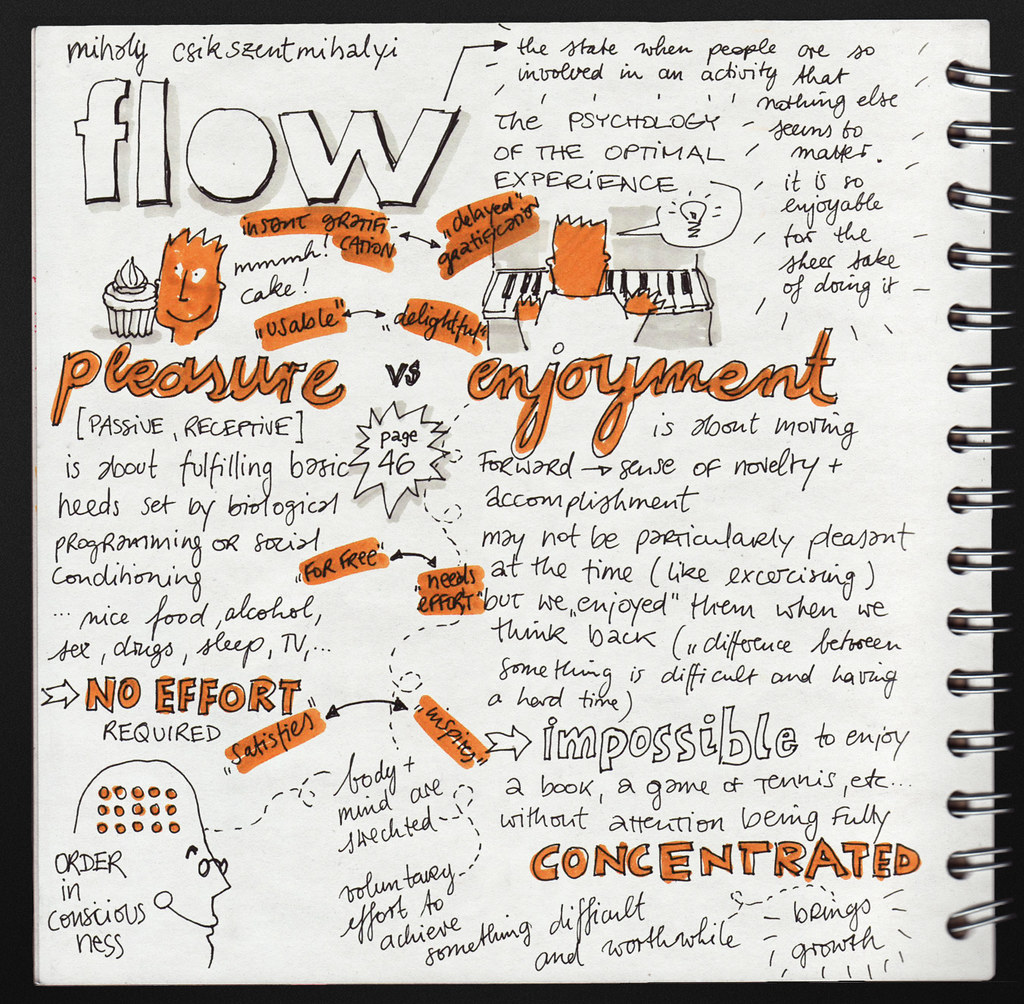
Goleman describes the state of flow, which he also defines as the peak of motivation, with the following sentences: “Flow is the opposite of worry and anxiety, as a state of mind in which the person forgets himself. Instead of worrying about it in an angry way, people who live the flow are immersed in what they do without even being aware of themselves, they lose their minds in daily life. They put aside the little things that keep them busy—health, bills, even the way things are going. On the other hand, people in the flow are completely in control of the work they are doing, and all their reactions are in full harmony with the changing demands of the job. People who experience flow are not concerned with how they are, even when they are at the peak of their performance, that is, with thoughts of success or failure; what motivates them is pure pleasure in doing that activity.
Ways to Flow
There are different ways to go with the flow, one of them is to focus consciously on the task to be done; At the base of the flow is a state of high concentration.
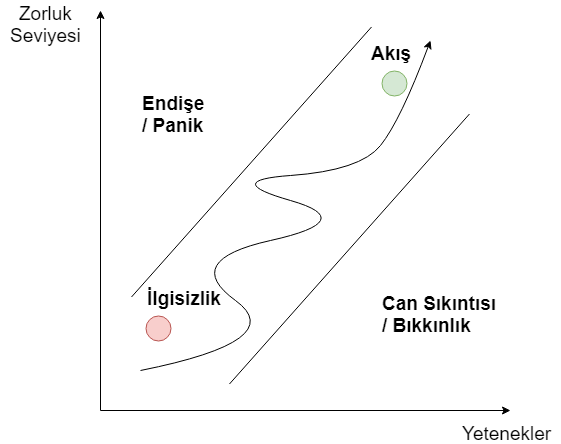
Flow occurs in that sensitive area between boredom and anxiety. Entry to this area is also possible if people find a job they are talented at and engage in it at a level that will put their cats a little harder.
To someone who lives the flow when you look at it, you get the impression that difficult is easy; Performance at its peak looks natural and ordinary. The brain is in a calm state. Excitation or suppression of neural circuits is compatible with the requirements of the moment.
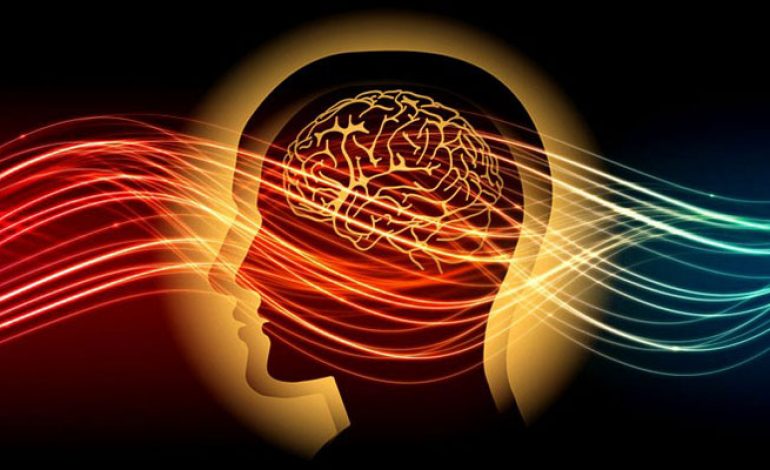
The flow and optimal performance zone is like a haven for cortical efficiency; energy expended is minimized. It is thought that people have mastered the flow through frequent practice. Well-studied movements require less brain power than those that are being learned or that are too difficult. In addition to these, Goleman also likened the state of ecstasy in the flow to the ecstasy of a person in contemplation.

Experiments on this topic were conducted by Mihaly Csikszentmihalyi, still working at the University of Chicago and known as the father of the Flow Theorem. Csikszentmihalyi, who has been eighteen years after graduating from art school, determined in a research he conducted on two hundred painters that those who only had the pleasure of painting during their student days became real painters later on.
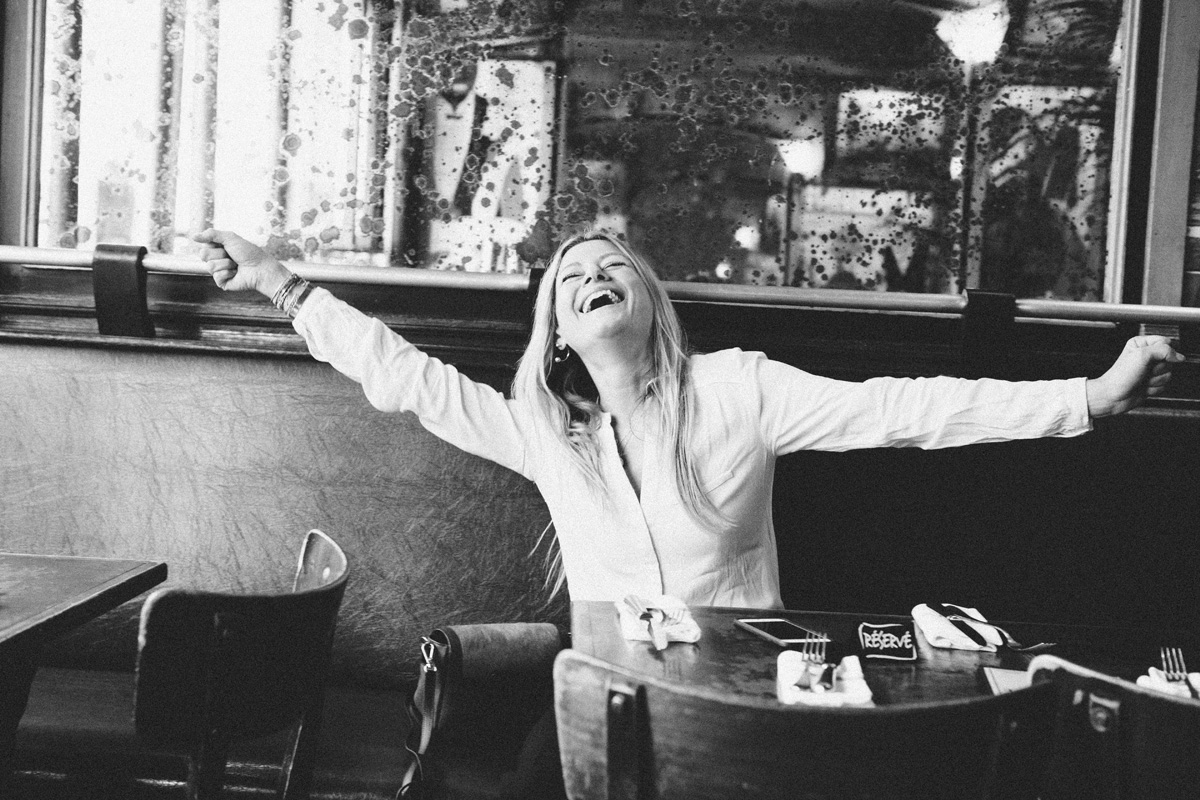
As a result of this experiment, Csikszentmihalyi concludes: “Painters must first of all want to paint. If the artist thinks how much it will sell in front of the canvas or what the critics will say, he cannot try original styles. Creative achievements depend on concentrating the whole mind.”
If you want to be able to experience the flow state more often, to know more about long-term high and deep concentration:
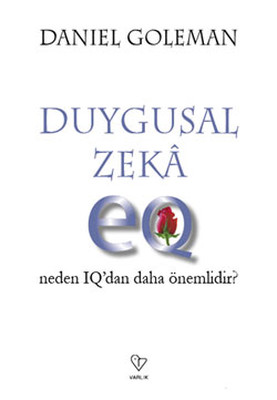

https://www.ted.com/talks/mihaly_csikszentmihalyi_on_flow?utm_campaign=tedspread&utm_medium=referral&utm_source=tedcomshare
Source
Goleman, D. (1996). Why Is Emotional Intelligence More Important Than IQ ? Istanbul: Asset
